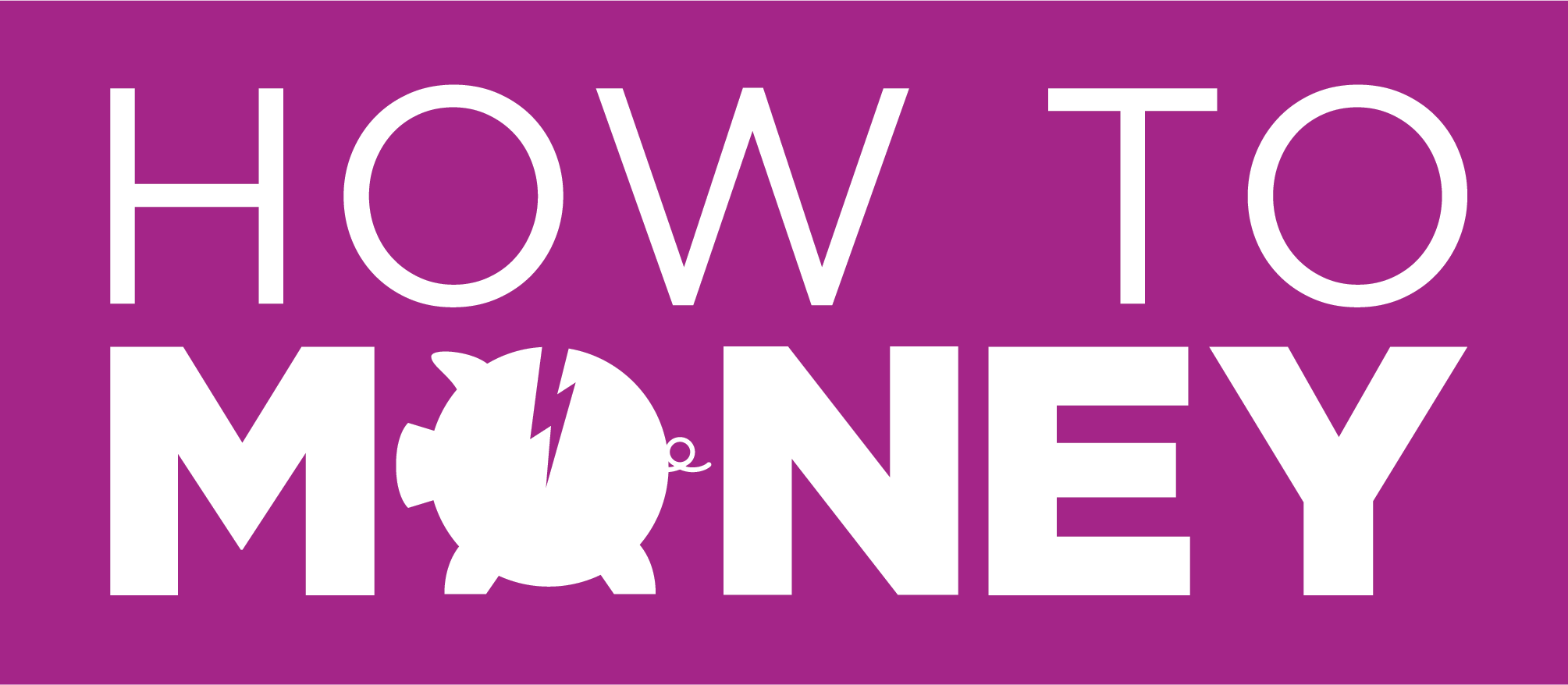
Tips & Ideas For Teaching Your Kids About Money
Over the last few years talking and writing about personal finance, the recurring theme is that everyone wishes they learnt these skills in school. Now that’s a big issue in itself, however, if you’re looking to teach the young children in your life the basics of money and personal finance now, the long-term impact will be tremendous.
If you’re stuck inside and have a little extra time on your hands, now may be the perfect opportunity to start talking to young children about money; namely what it represents, how you earn it and what you can do with it. I’m certainly not an expert here, so I’ve asked Andrew Birt, the CEO of GoSave, for some tips and ideas to share with you. GoSave have created next-generation piggy banks that help kids save, earn and learn about money.
What Are The Core Financial Skills Young Children Need?
Kids are naturally curious about money, and we’re big believers in the power of teaching them the basics from an early age. The core skills that we believe all kids (and us as parents!) need are relatively simple.
1) Save early,
2) Save regularly
3) Learn to earn
4) Spend wisely
5) Magic of compounding
6) Managing risk and debt
At GoSave we believe the most important of these skills is saving regularly. If you can save just $2 a day from when your child is 5, through to their 18th birthday that’s just under $10,000 even before interest. It can be really powerful for kids to see how small progress like this helps them save toward their goals.
How Do You Incorporate These Skills into Daily Life?
Financial literacy is rarely taught at schools but we believe that it perhaps should be. However, parents play an important role in helping teach kids the importance of saving, earning and spending wisely. We also believe that charity starts at home too, and if you can teach kids about the basics of not only saving for themselves but also in helping those less fortunate you can really give them an appreciation of how they can help others.
What if You Don’t Know the Basics of Personal Finance Yourself?
One of the beauties of teaching kids about money, if we aren’t great with it ourselves, is that they have the luxury of time. If they get into the habit of saving from an early age and feel confident and comfortable with managing their money, these are skills that they’ll have for the rest of their lives. We’ve designed GoSave to make this experience fun for parents and kids alike, so it gently nudges you towards these habits, without the need to feel bored, overwhelmed or guilty about it.
What Are Some Other Resources to Help Teach Children About Money?
We’re big fans of some of the books that have been written in this space, Scott Pape’s Barefoot Investor for Families, and also some of the apps that make saving and investing easy like Raiz and Spriggy.
Here are a few resources worth checking out:
- Book: The Barefoot Investor for Families
- App: Raiz Invest (Kids)
- App: Spriggy (Pocket Money)
- Website: MoneySmart — Teaching Kids About Money
- Website: Royal Australian Mint — Student Activity Sheets
- Website: Banqer — School-Based Financial Education Platform
- Article: ABC — Teaching kids about personal finance in the age of digital money
- eBook: FPA — How To Talk Money With Children
Now back over to me (Kate). This week I also asked the @HowToMoneyAUS Instagram community what their suggestions were around the topic of teaching young children about money. I’ve included their great thoughts and ideas below.
- Teach them not to spend everything they have
- Start saving habits early on
- Show children examples of other young people saving for their goals
- Build budgeting skills and financial resilience
- Help them to understand bank fees
- Teach children how to find financial resources
- Reading books together to improve financial literacy
- Explain why you should avoid personal loans and credit cards
- Help them to keep perspective and know they have choices
- Teach children ways to fact check information
Let me know your tips and ideas for teaching the basics of personal finance to the young children in your life, and I’ll share them with the wider How To Money audience. My email is howtomoneyaus@gmail.com.
Cheers,
Kate
Want to learn more about money and personal finance? Check out our article archive, the How To Money Podcast and the Australian Finance Podcast. Catch us on Twitter @HowToMoneyAUS and Instagram on @HowToMoneyAUS.
Important Information
The information on this blog and website is of a general and educational nature only. It does not take into account your individual financial situation, objectives or needs. You should consider your own financial position and requirements before making a decision, as we are not an advisory service. We recommend you consult a licensed financial adviser in order to assist you. The information is based on assumptions or market conditions which can change without notice, and this will impact the accuracy of the information provided. This website and blog occasionally provide links to third-party sites, aimed at helping you gather the information required to make an informed decision — we may receive payment for these referrals.






